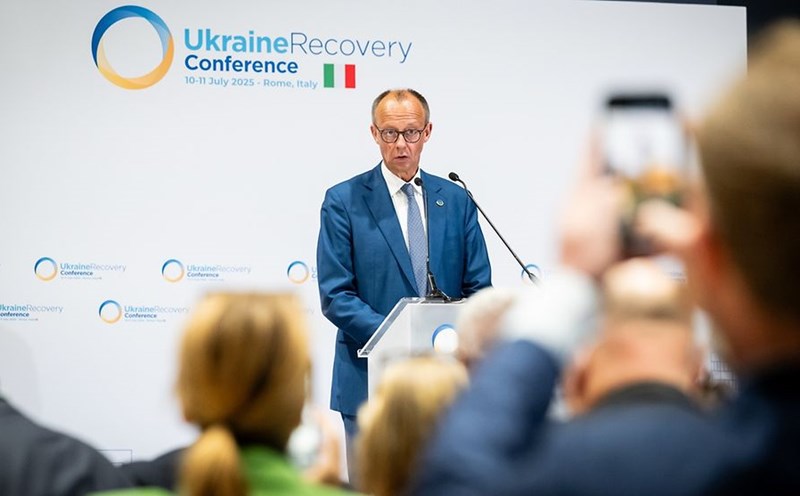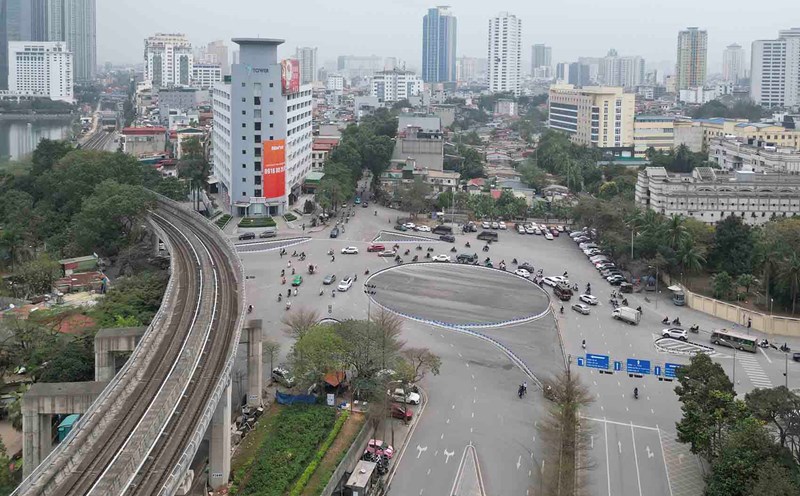As the European Union (EU) prepares to launch its 18th package of sanctions against Russia, Slovakia has firmly stated: If no alternative gas is guaranteed, there will be no consensus on any new sanctions!
Slovakian Prime Minister Robert Fico said the country is fighting "for households and businesses", and asked Brussels to make a written commitment on energy security before July 15.
We want to deal with this before July 15 because tensions are rising from all sides, Fico said, referring to the mental dispute that is happening within the EU.
The new EU sanctions package not only targets Russian oil, gas and coal but also includes a permanent ban on the use of the once-sabotage Nord Stream gas pipeline, along with a list of 77 vessels accused of being in Russia's "shadow fleet".
However, according to Prime Minister Fico, this "cyber system" plan could escalate energy prices, threaten supply, increase transit costs and even lead to compensation lawsuits from Russia's Gazprom Group.
We do not need political promises, we need clear guarantees, he stressed.
Notably, Slovakia is not alone. Hungary, Austria and the Czech Republic - which are not bordering the sea - also strongly objected because they are still dependent on Russian gas supplies under current exemption mechanisms.

Slovak public opinion is heating up after German Chancellor Friedrich Merz called on Bratislava to abandon this "defending" stance. But Mr. Fico responded flatly: "I will support sanctions, but only if we have a solid deal on gas."
In a speech at the European Parliament, Slovakian lawmaker Milan Uhrik accused European Commission President Ursula von der Leyen of selving the EU by cutting off Russian energy.
According to lawmaker Uhrik, Slovakia's industry cannot operate without energy from Russia. If we cut off Russian gas, the industry will either stop operating or lose competitiveness, he warned.
He also called on Vice President of the European Commission Maros Sefcovic - a Slovakian - to "standing up to protect national interests, instead of following the blind policy from Brussels".
In addition, Mr. Uhrik criticized NATO's plan to increase defense spending to 5% of GDP by 2035: "No, thank you. We do not join the EU to become a defense economy.
Since the first sanctions were imposed in 2022, the EU economy has seen many consequences. Germany - the leading economy - has fallen into recession, while growth in the whole bloc has almost stagnated. Meanwhile, Russia is still maintaining exports through alternative channels and expanding markets in Asia.












